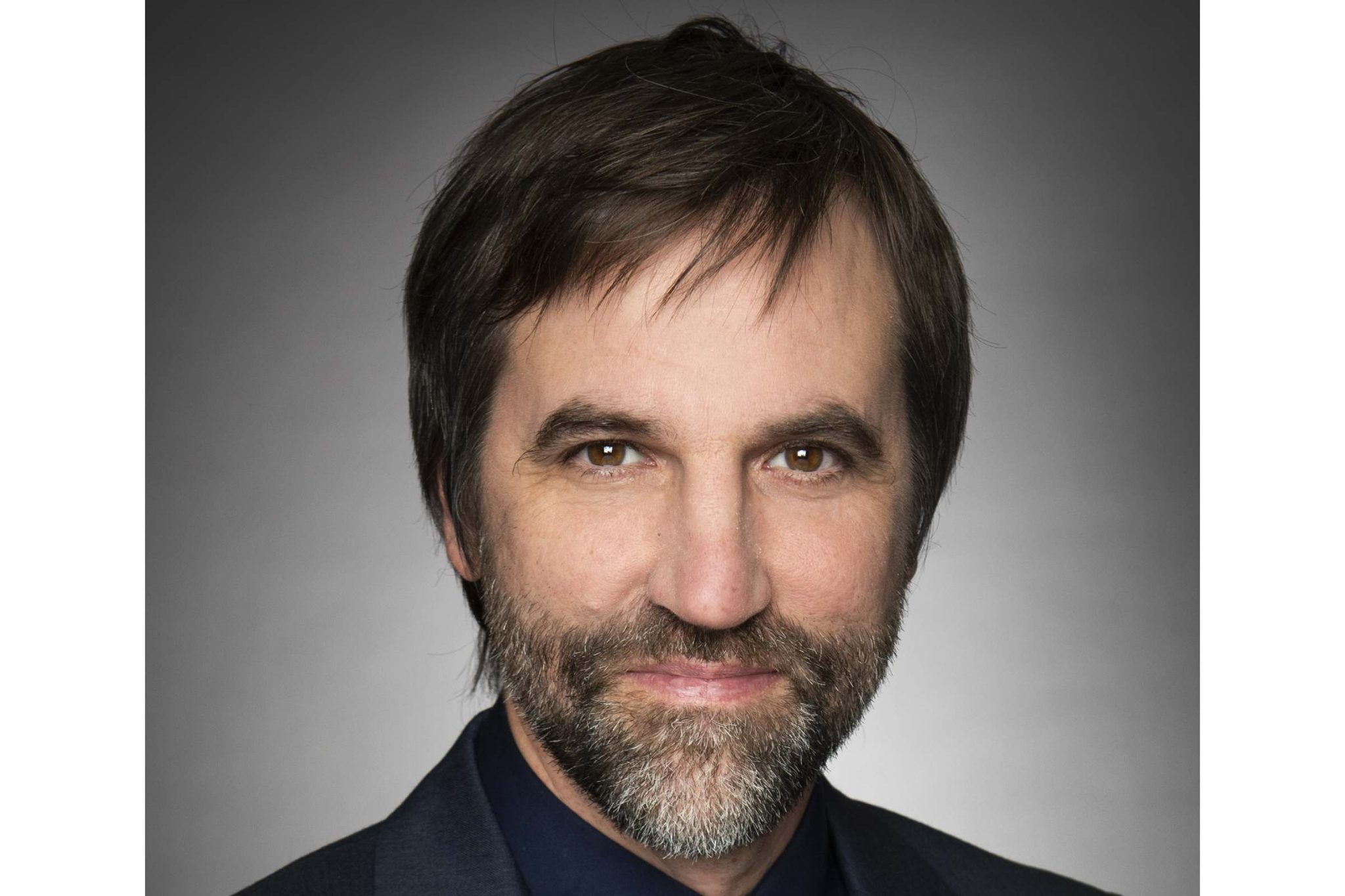
Canada’s vibrant TV alternative
Phyllis Yaffe is CEO of Alliance Atlantis Broadcasting. In this article she looks at the past, present and future of diverse Canadian programming.

2001 Gemini Winners
Following are the 2001 Gemini winners in the Program, Craft and Performance categories.

Cdn. production slowdown intensifies
Vancouver: Touchy subject matter and general business fears are behind the loss of about $30-million worth of Canadian service production work in the new era of terrorist warfare.
At least two of the shelved productions budgeted for Canadian locations in the past two months dealt with airline disasters. Fall from the Sky, a $5-million MOW from CBS, was scheduled to begin shooting in Winnipeg Oct. 2. The second, unnamed disaster MOW was being developed for Vancouver.
In Toronto, Fox’s MOW about assassinated U.S. president John F. Kennedy, which was set to shoot through Roadhouse Productions, was spiked, while two other U.S. TV movies and one miniseries were also postponed for either economic reasons or due to potential content issues. In Montreal, Muse Entertainment lost a one-hour episode for a big-budget Law & Order miniseries about a bioterrorism attack in New York.

Casters address rights, funding
The private broadcast industry vented its concerns and the public agencies listened at Broadcasting 2001, the annual convention of the Canadian Association of Broadcasters. Top of mind at the conference, held Oct. 28-30 in Ottawa, were regulatory amendments and production funding.
Broadcasters addressed the loophole in Section 31 of the Copyright Act that allowed the rise of iCraveTV and JumpTV.com.
‘[iCraveTV and JumpTV.com] have caused enormous harm to the Canadian broadcast industry,’ said Epitome Pictures’ Stephen Stohn, executive producer, Degrassi – The Next Generation. ‘Tens of thousands of hours and dollars have been spent to fight an issue that never should have been an issue. Until legislation is actively put in place, another pretender will arrive.’

Jacques Bensimon: NFB opens its doors
Montreal: Filmmaking has been part of Jacques Bensimon’s life almost since he first arrived in Canada. He was 15 when he picked up a film camera, a proud winner of a CBC/Radio-Canada competition. ‘And since then I have never let go,’ he says convincingly. That was some time ago, but the chair of the National Film Board and government film commissioner says that early leitmotif – his experiences as a Moroccan Jew and immigrant, and his youthful fascination with film – is still very much a part of who he is today.
His goals include bringing in a new generation of filmmakers, managers, distributors and marketers across all NFB departments and building brand awareness through an expanded distribution network, on the street, on TV screens and via broadband systems. And he’s open to changing preconceptions about how and when the board partners. There are new opportunities here for coproduction.

Barna, CBC, Campbell, Da Vinci’s Inquest take hold of Gemini 16
Clinching his reputation as Canada’s top TV producer, Laszlo Barna was behind some the biggest wins at the 16th annual Gemini Awards, notwithstanding the fact he was his own biggest competition in the best dramatic series category, with triumphant Da Vinci’s Inquest and newbie Blue Murder vying for arguably the highest TV accolade. Of course, if the Gemini for best TV movie is the greater achievement, Barna, along with Christian Bruyere and Maryke McEwan, took that one too, for Sturla Gunnarsson’s Scorn.

B.C. animators seek cartoon tax credit, training
Vancouver: B.C.’s animators warn that the industry’s current good health is in jeopardy without the cooperation of educational institutions and government.
According to a survey released Oct. 30 by the Association of British Columbia Animation Producers, B.C.’s animation industry is projected to grow to $668 million in 2003 from $286 million in 1998 – a 235% increase.
But ABCAP says B.C. is lagging other provinces in business-driving incentives.
‘Animation production companies in Ontario and Quebec enjoy a 20% animation production tax credit,’ says Mark Freedman, ABCAP’s president. ‘This creates an unfair advantage and gives eastern Canada a significant competitive edge over B.C.’

STCVQ balks at producer deal with video technicians
Montreal: The STCVQ film technicians union is asking a government administrative tribunal to overrule sections of a newly signed three-year collective agreement between producers in the APFTQ and video technicians in Association des Professionnels/Professionnelles de la Video du Quebec (APVQ).
The agreement, effective Oct. 15, covers all video-originated production, including film-style dramatic and TV series shoots originated in digital formats, many of which are majority crewed by STCVQ members. The STCVQ is contesting the Oct. 15 collective agreement as it affects its members (up to 16 positions) on non-film-originated productions and has asked for a ruling from Commission de reconnaissance des associations d’artistes et des associations de producteurs, a Quebec government administrative tribunal.

Bad news, good news
The Canadian television landscape is riddled with reasons why service production activity may or may not be slumping. It’s like a good whodunit: so many unusual suspects, so few conclusions, and only time will tell which culprits are accountable for what.

Jumpcuts
CRTC rejects Vision licence renewal

Playback Readership Poll Results
Asked, should foreign ownership restrictions as they relate to Canadian media companies be softened to facilitate a more globally competitive Canadian industry, an overwhelming 84.96% of respondents voted yes and 15.04 % voted no.

Clarification
In the Oct. 29 Atlantic Scene, Tim Southam and David Adams Richards cowrote the screenplay for The Bay of Love and Sorrows.

People
* Telefilm Canada has named Michel Pradier interim director, operations – Quebec. Pradier takes over from Joelle Levie, recently named head of the film and TV unit at Quebec funding agency SODEC.

O’Farrell is CAB’s new topper
Glenn O’Farrell has been appointed the Canadian Association of Broadcasters’ new president and CEO, effective Jan. 7, 2002.

AAC wins record seven Emmys
Alliance Atlantis Communications’ Life With Judy Garland: Me and My Shadows was second only to The West Wing in total wins at this year’s Primetime Emmy Awards.




 The definitive CDN broadcast and production resource.
The definitive CDN broadcast and production resource.










